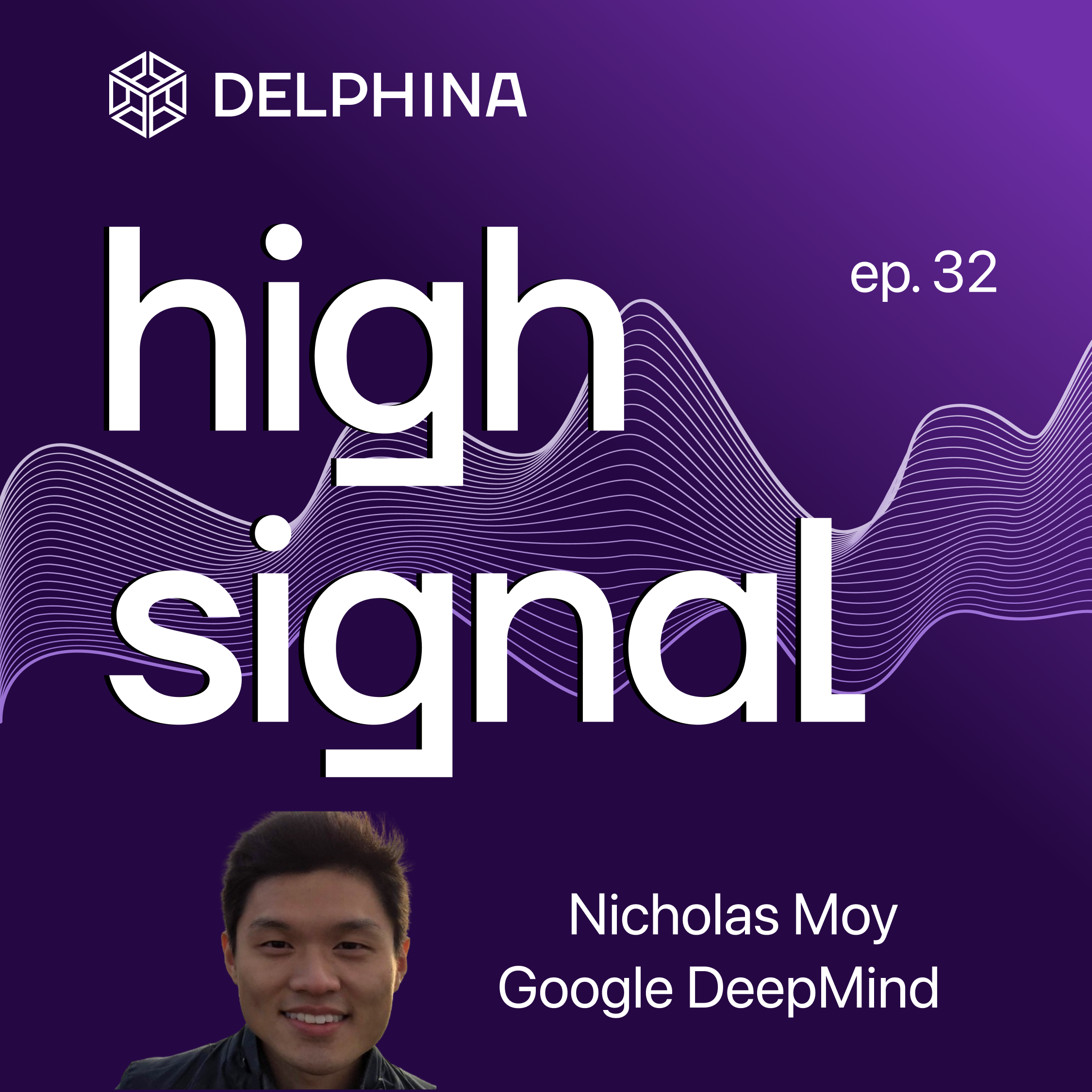Roberto Medri on The Incentive Problem in Shipping AI Products — and How to Change It

Meta
Roberto Medri is the Vice President of Data Science at Instagram. His previous experience includes VP of Product at Faire, analytics at Etsy, consulting at Bain & Company, and marketing at Ondarock.it. He also co-founded the Wharton Founders Club and is active in advisory and investment roles.




Delphina
Hugo Bowne-Anderson is an independent data and AI consultant with extensive experience in the tech industry. He is the host of the industry podcast Vanishing Gradients, a podcast exploring developments in data science and AI. Previously, Hugo served as Head of Developer Relations at Outerbounds and held roles at Coiled and DataCamp, where his work in data science education reached over 3 million learners. He has taught at Yale University, Cold Spring Harbor Laboratory, and conferences like SciPy and PyCon, and is a passionate advocate for democratizing data skills and open-source tools.
Key Quotes
Key Takeaways
Shipping is not impact.
Roberto challenges the fetishization of launches, arguing that celebrating deployment over outcomes distorts incentives and leads to wasted effort.
Most experiments won’t move the needle.
He normalizes failure in experimentation, stressing that 90% of tests will be neutral or negative and that’s healthy. The value lies in the rare, high-leverage wins.
Impact comes from clarity, not cleverness.
Data science becomes strategic when it's paired with domain judgment. The goal isn’t to sound smart, it’s to change decisions.
Sunsetting is as important as shipping.
Roberto critiques the “ship and forget” mindset. Good product culture means knowing when to kill things quickly without ego or fear of embarrassment.
Reels was a bet, not a sure thing.
He recounts how Reels launched with weak metrics, but Meta backed the strategic bet anyway. Continued investment, especially in recommender quality, turned it into a global success.
Ego limits learning.
He argues that fear of failure, common among high achievers, suppresses experimentation. The most effective people optimize for progress, not personal validation.
Data science is a product role.
Roberto resists being cast as a support function. The best data scientists don’t just analyze, they help shape what gets built.
Most ideas should be killed faster.
He advocates for “impact accounting”: a mental model to quickly rule out low-leverage ideas before investing time.
Culture scales; incentives compound.
He emphasizes that early choices, about how teams define success, reward impact, and handle failure, set the trajectory for long-term product quality.
Product judgment is earned, not inherited.From Etsy to Instagram, Roberto highlights how thinking clearly about value, context, and outcomes is more powerful than frameworks or credentials.
You can read the full transcript here.
00:00 Introduction: The Limits of Data
02:21 Roberto's Career Journey: Etsy to Instagram and more!
08:59 How Ensure Data Science and Product Management Actually Work
14:12 Experimentation and Impact Accounting
19:37 Organizational Incentives and Product Lifecycle
26:18 Reframing Failure as Learning
26:54 Experimentation Culture in Software
31:10 The Importance of Bold Decisions
36:03 Evaluating Emerging Technologies
47:29 The Role of Data in Product Development
51:18 Practical Lessons for Smaller Organizations
53:18 Conclusion and Final Thoughts
Links From The Show
Transcript
In the spotlight: Our most popular episodes
Listen up: Our latest discussions
Hear the hottest takes on data science and AI.
Get the latest episodes in your inbox
Never miss an episode of High Signal by signing up for the Delphina newsletter.


.svg)

.png)




.png)